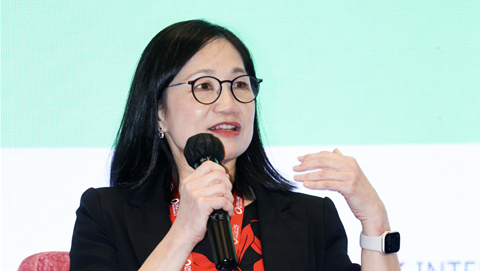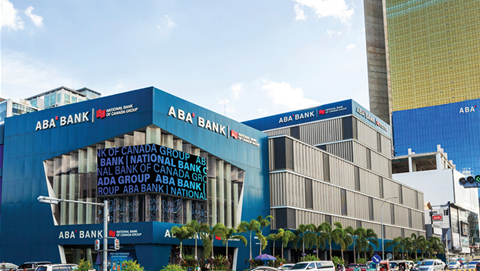The Bank for International Settlements (BIS) and the central banks of Singapore, Malaysia, Australia have partnered to explore the possibility of embedding regulatory requirements into cross-border transactions.
One of the primary obstacle for smooth and efficient cross-border payments is disparate policy and regulatory frameworks between different borders. They escalate compliance burden across payment chain, increase transaction time and create uncertainties among stakeholders.
Project Mandala was jointly developed by BIS Innovation Hub centre in Singapore together with the Monetary Authority of Singapore, Reserve Bank of Australia, Bank Negara Malaysia and Bank of Korea.
The project’s proof of concept aims to create common protocol for cross-border use cases and automate compliance procedures, including configurable foreign exchange rules and anti money laundering.
It will ease policy and regulatory compliance through real-time transaction monitoring and improving transparency and visibility around country-specific policies.
BIS said the new project will address key challenges identified in its earlier Project Dunbar, which developed an experimental multiple central bank digital currency platform.
Dunbar highlighted key challenges for cross border CBDC such as whether foreign commercial banks can be trusted and allowed access to CBDCs, how to simplify payments flow while respecting regulatory differences across jurisdictions and how can multiple central banks share a common platform while addressing the financial system resilience and national security concerns.
The proposed compliance-by-design architecture could enable a "more efficient" cross-border transfer of any digital assets including central bank digital currency (CBDCs) and tokenised deposits.
It could also serve as the foundational compliance layer for legacy and nascent wholesale or retail payment systems.
Bank Negara Malaysia's assistant governor Norhana Endut said the project could pave way for more seamless cross-border transactions in the future while ensuring that regulatory compliance and transaction security. "We welcome its potential, not only for Malaysia but also for the global community," he added.









